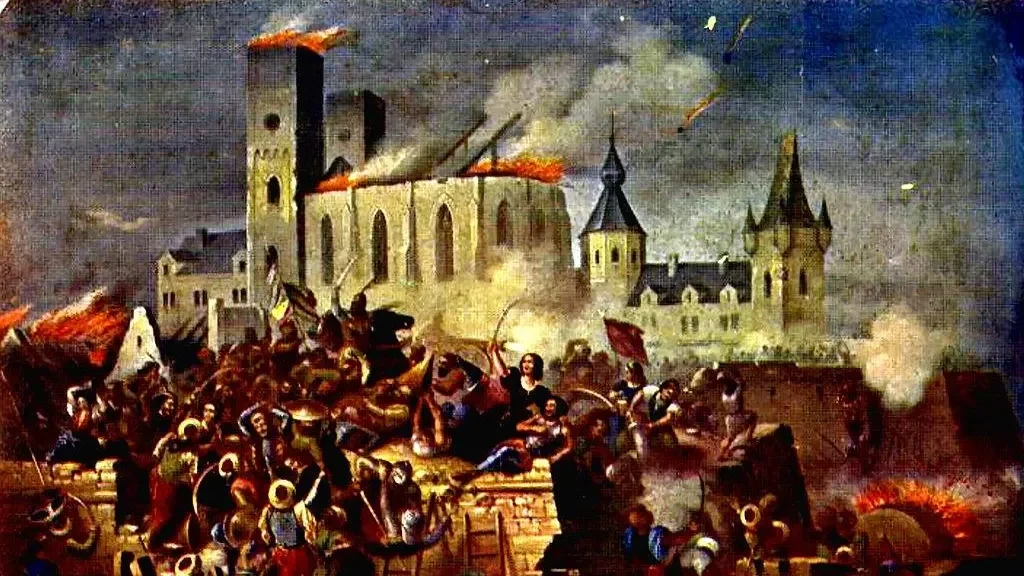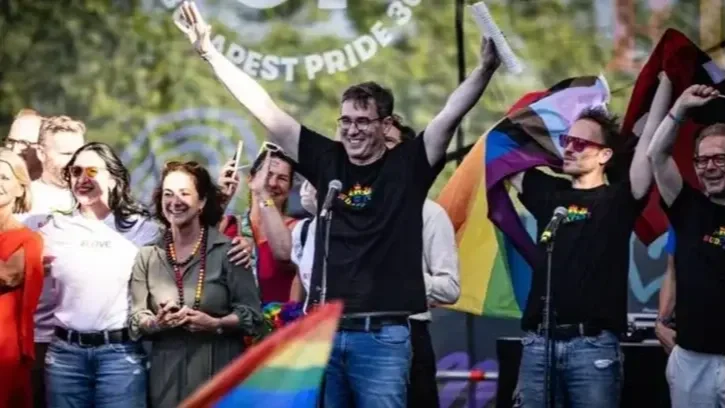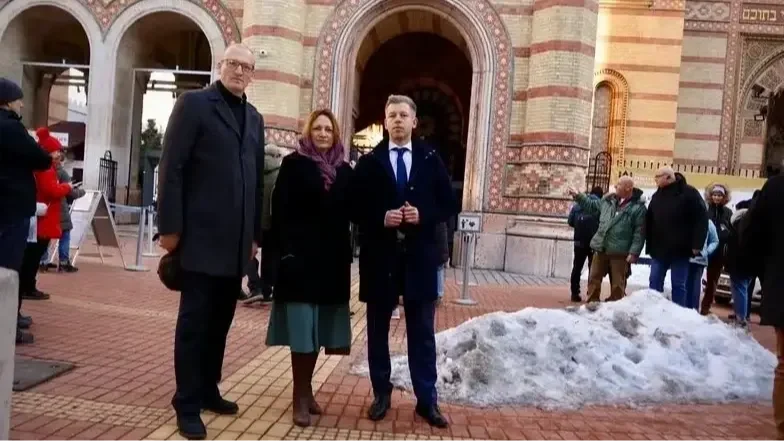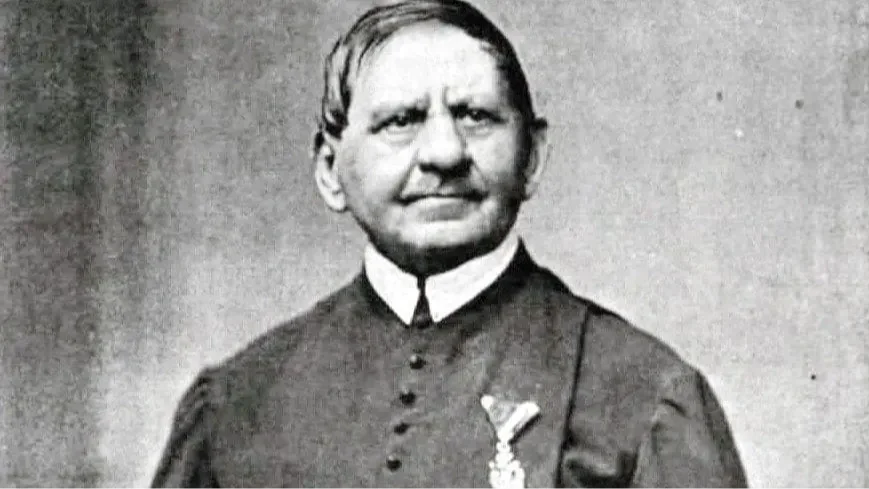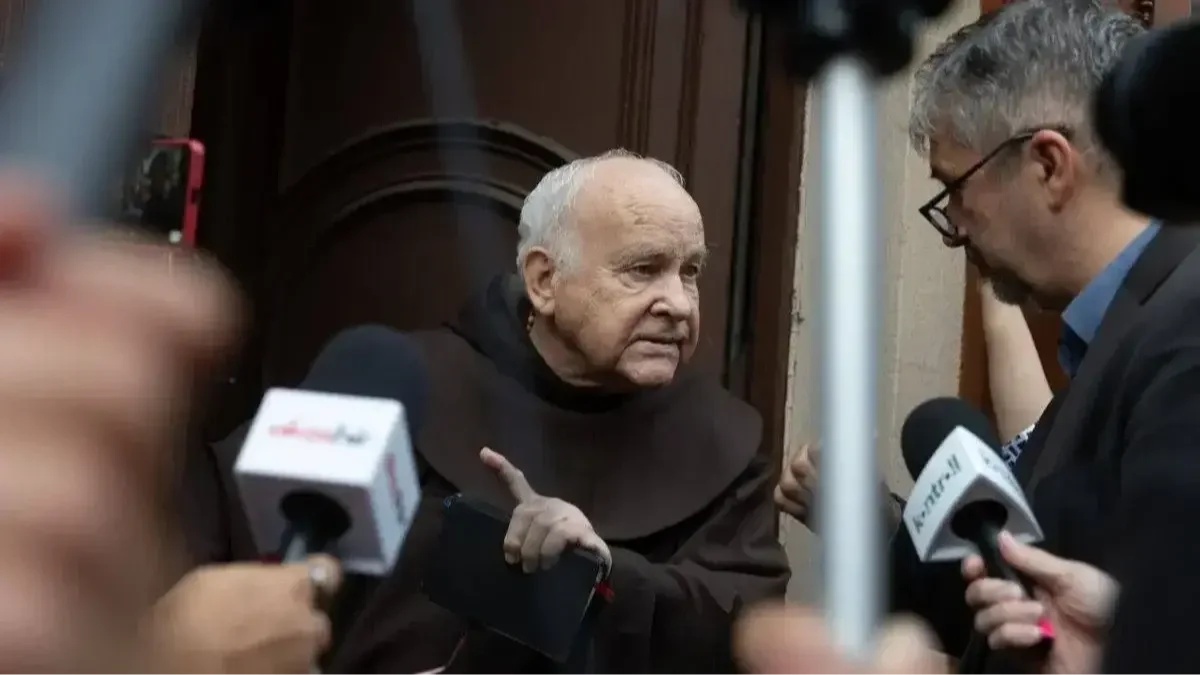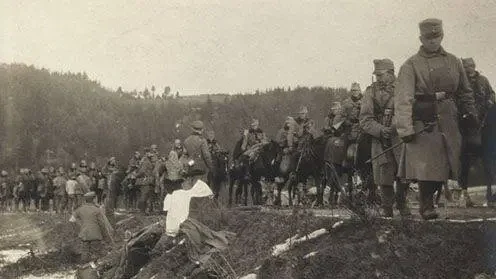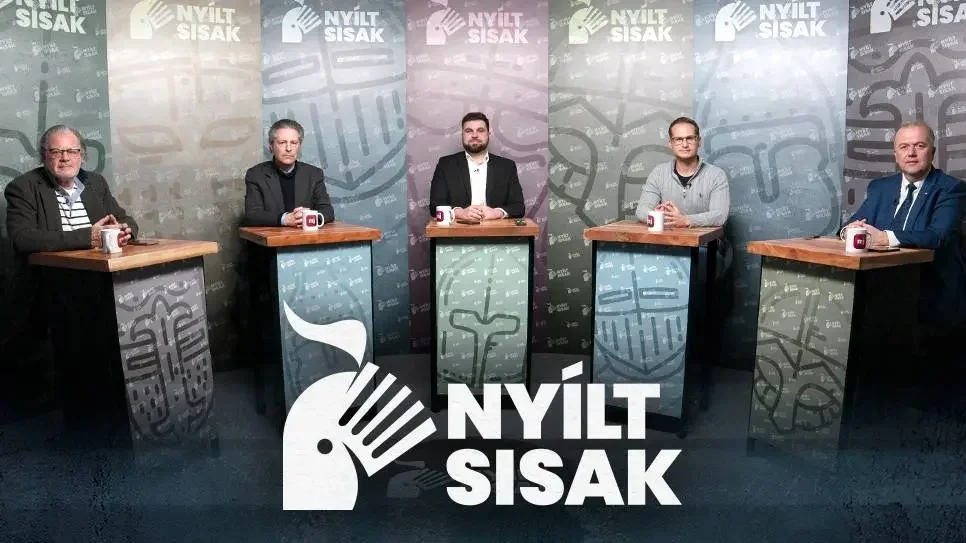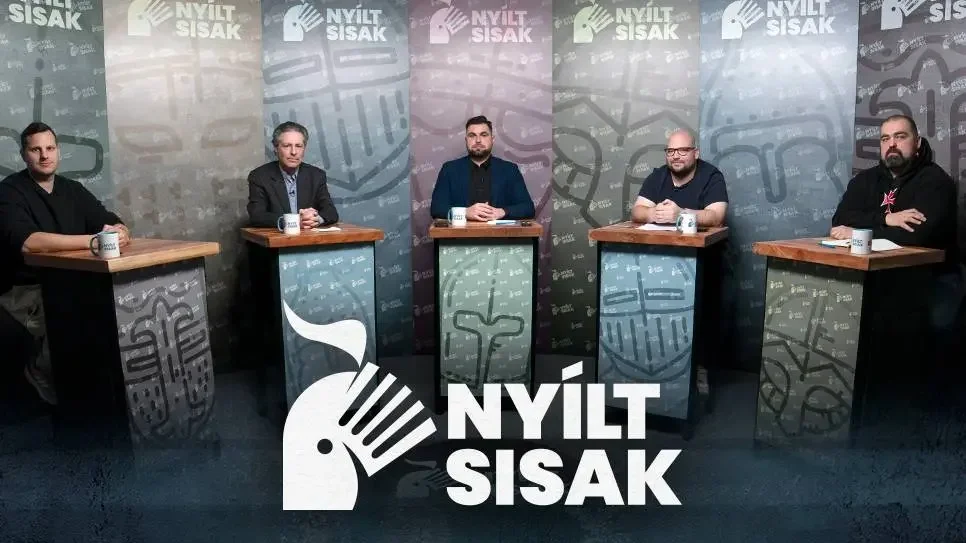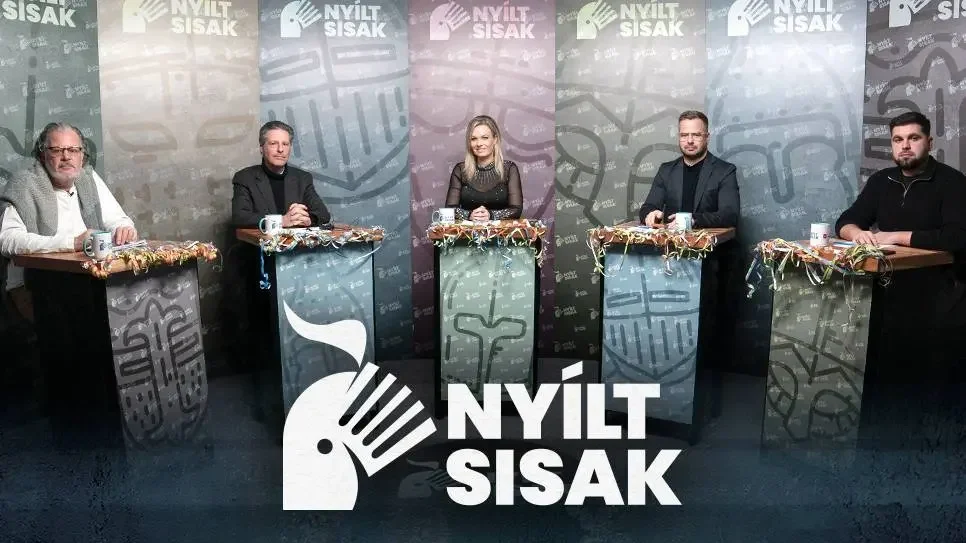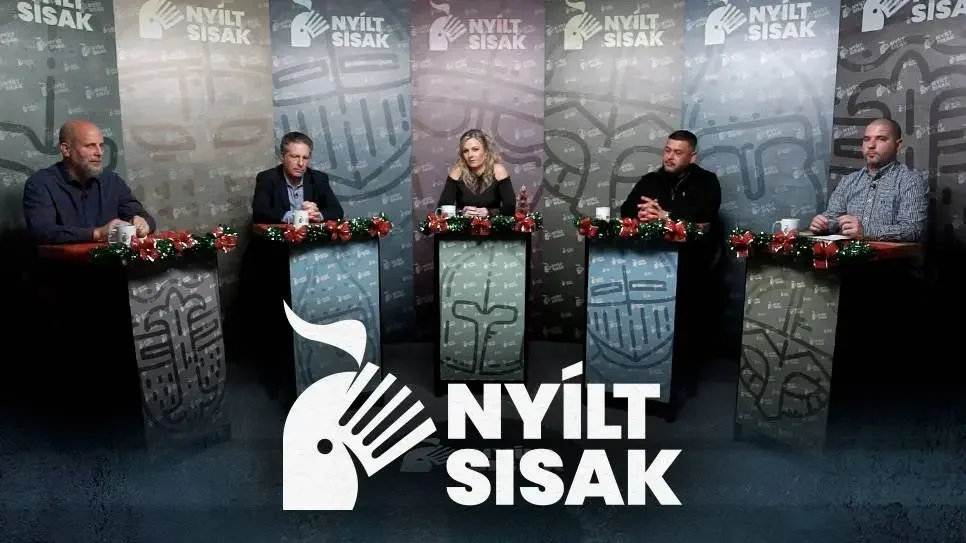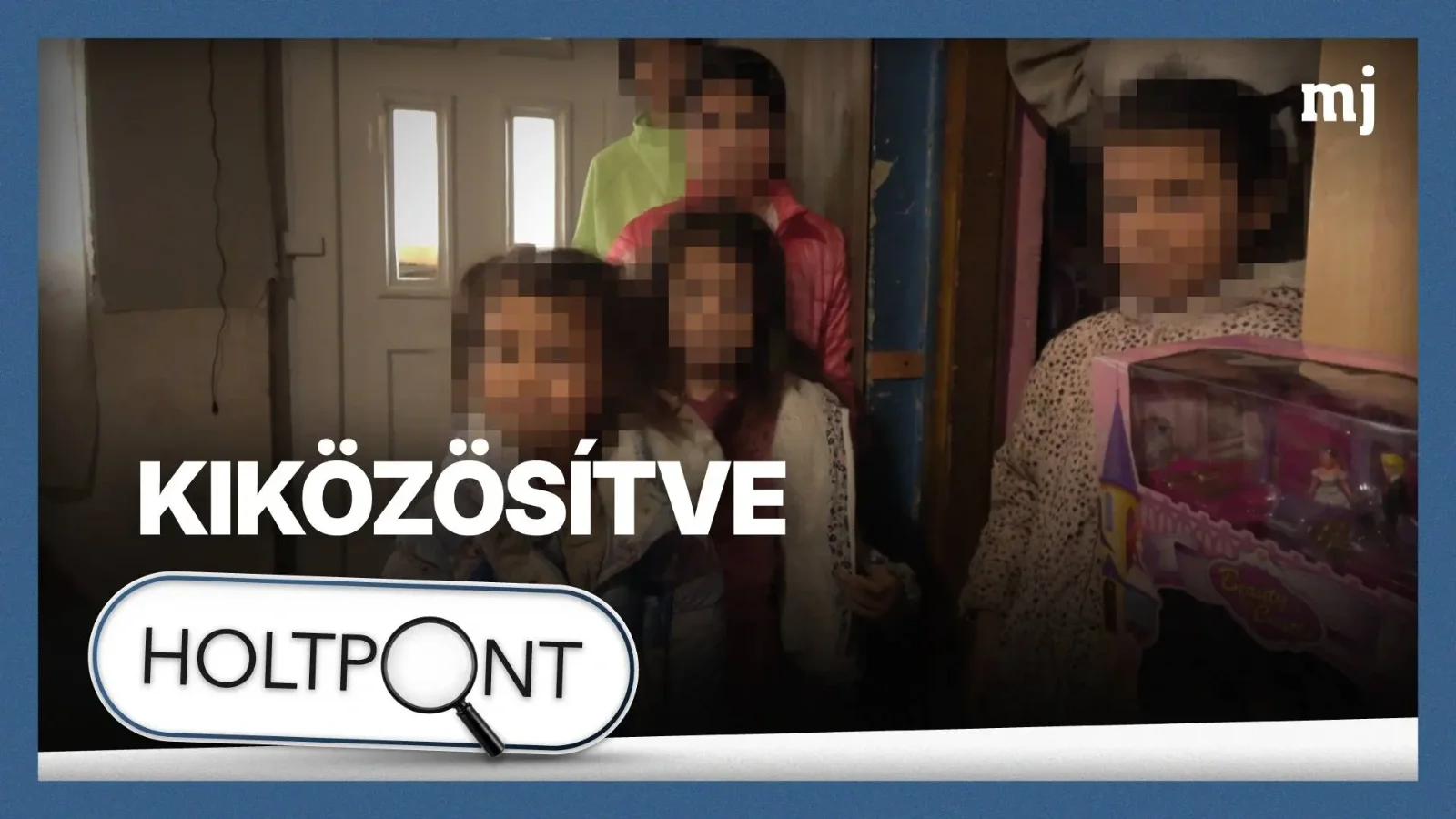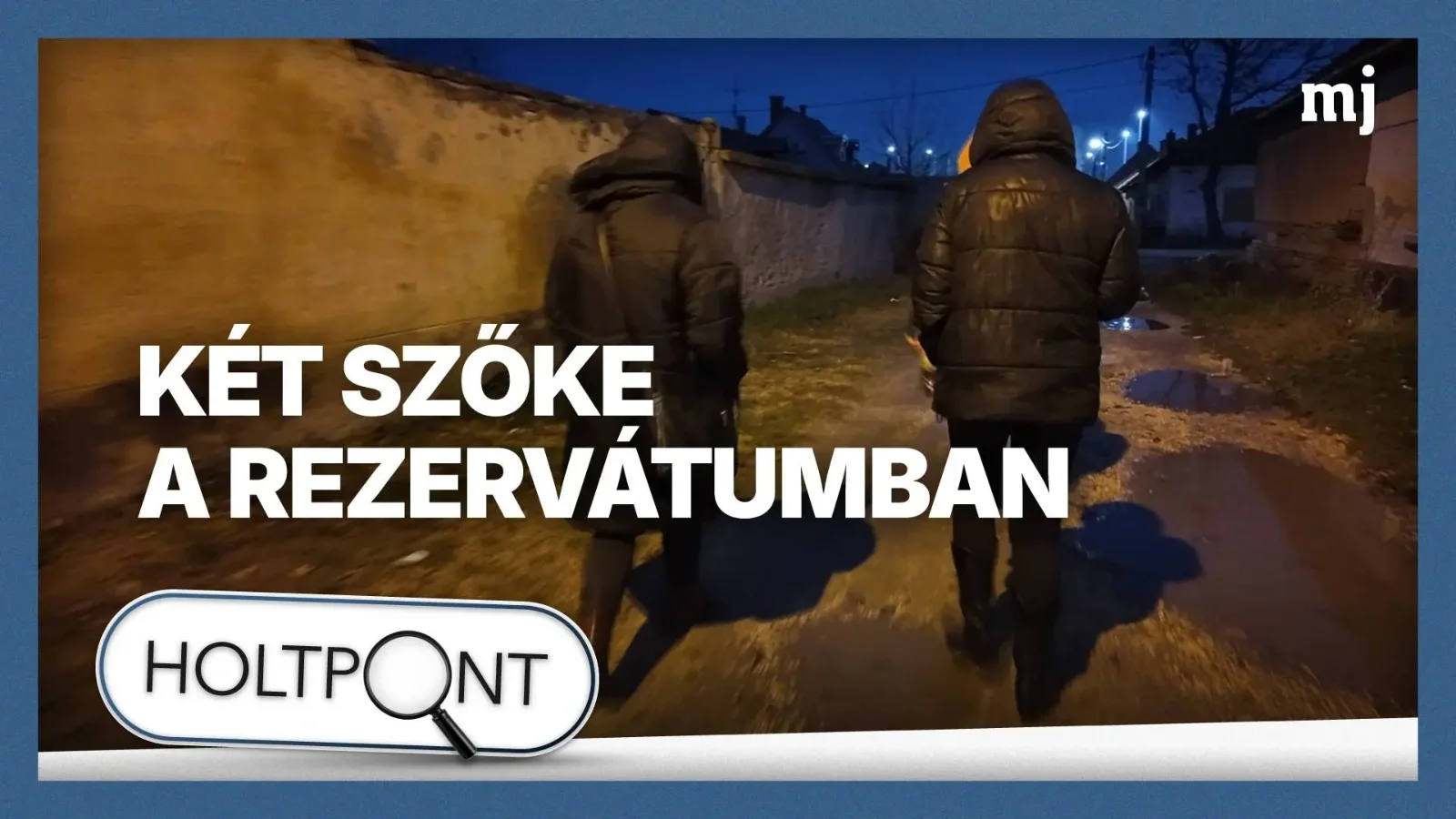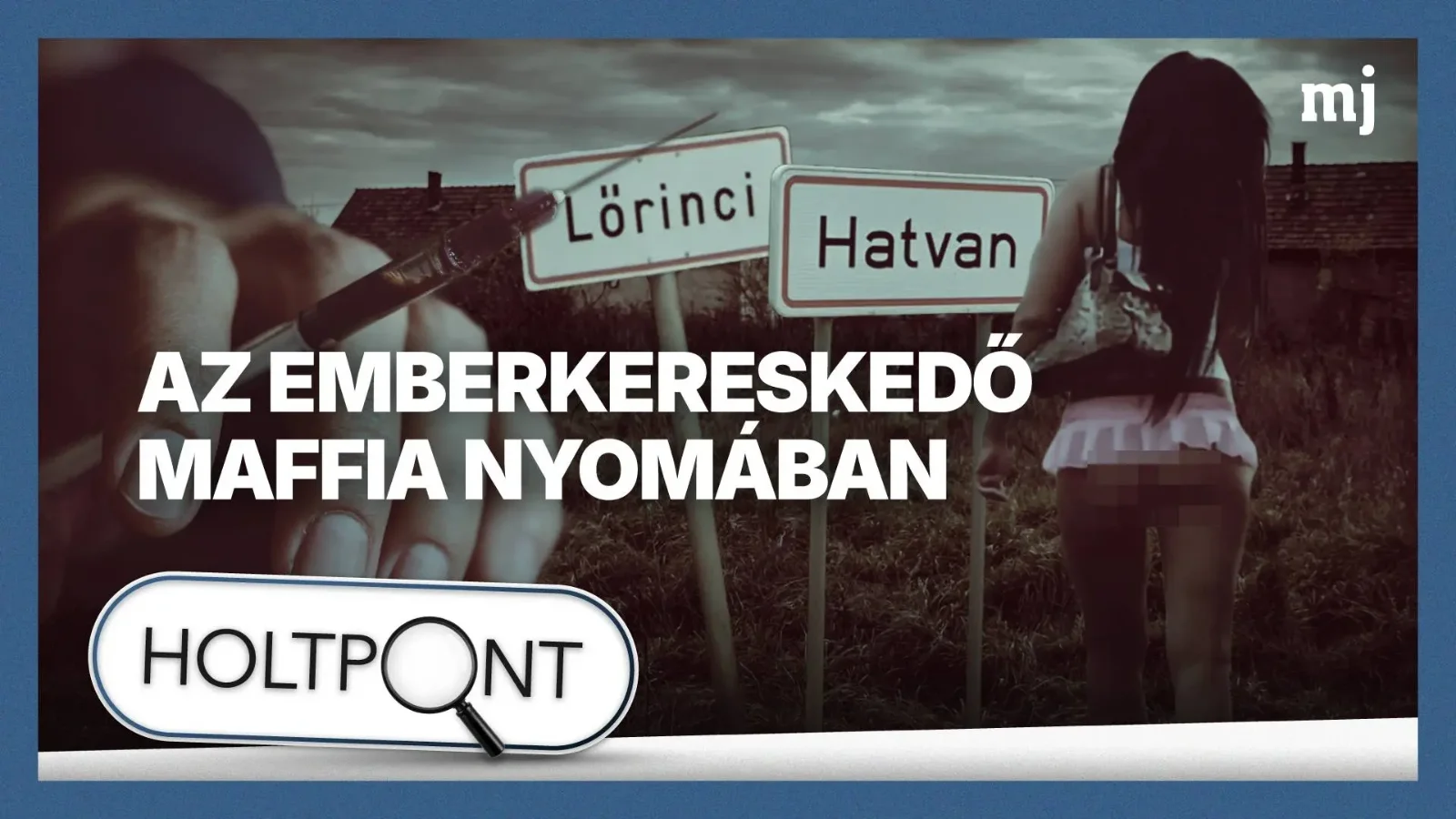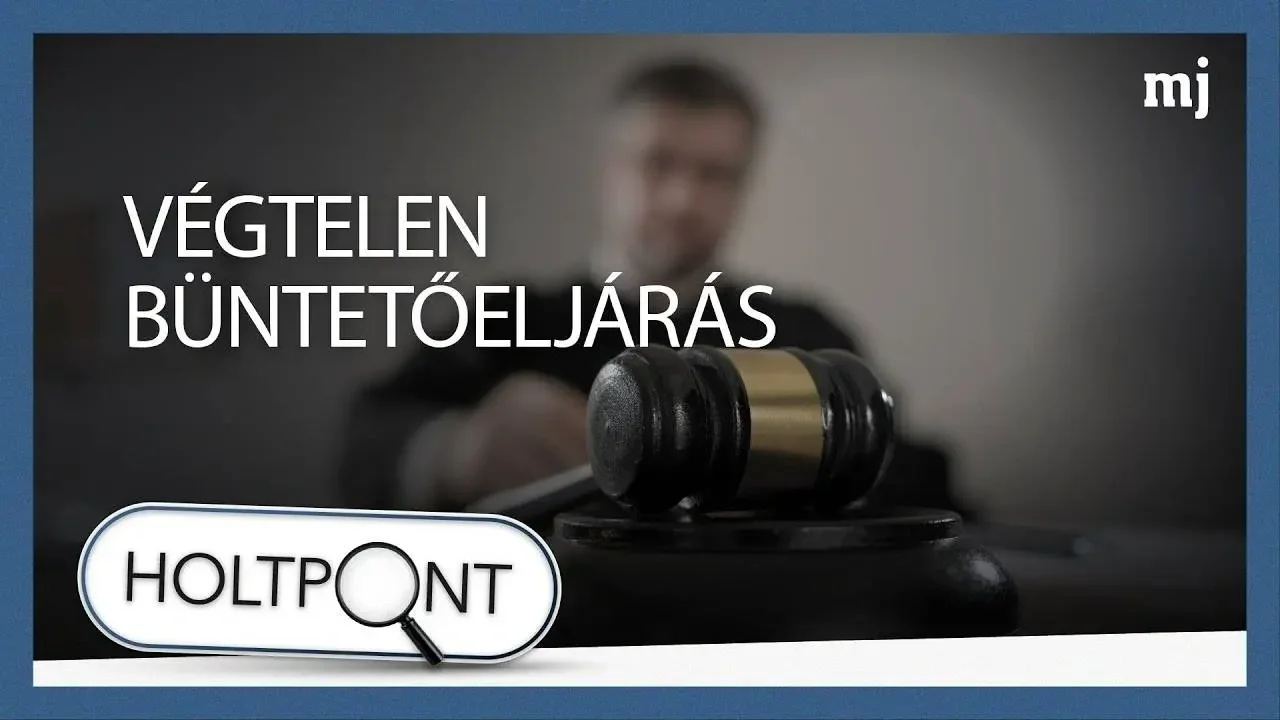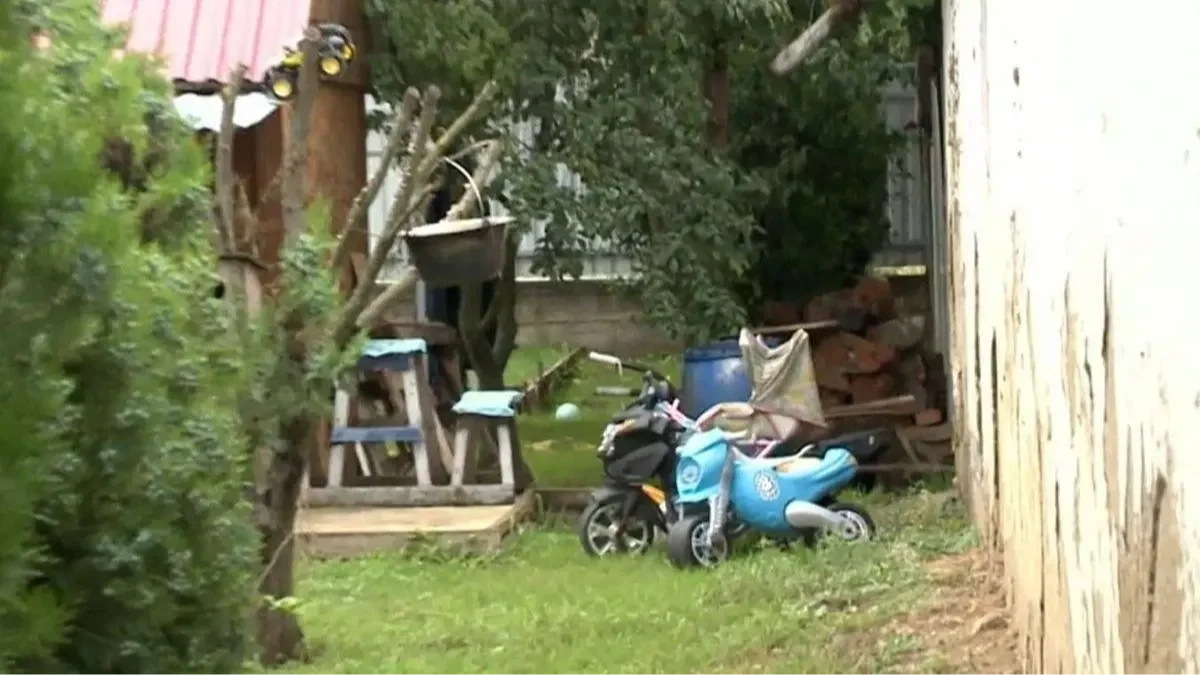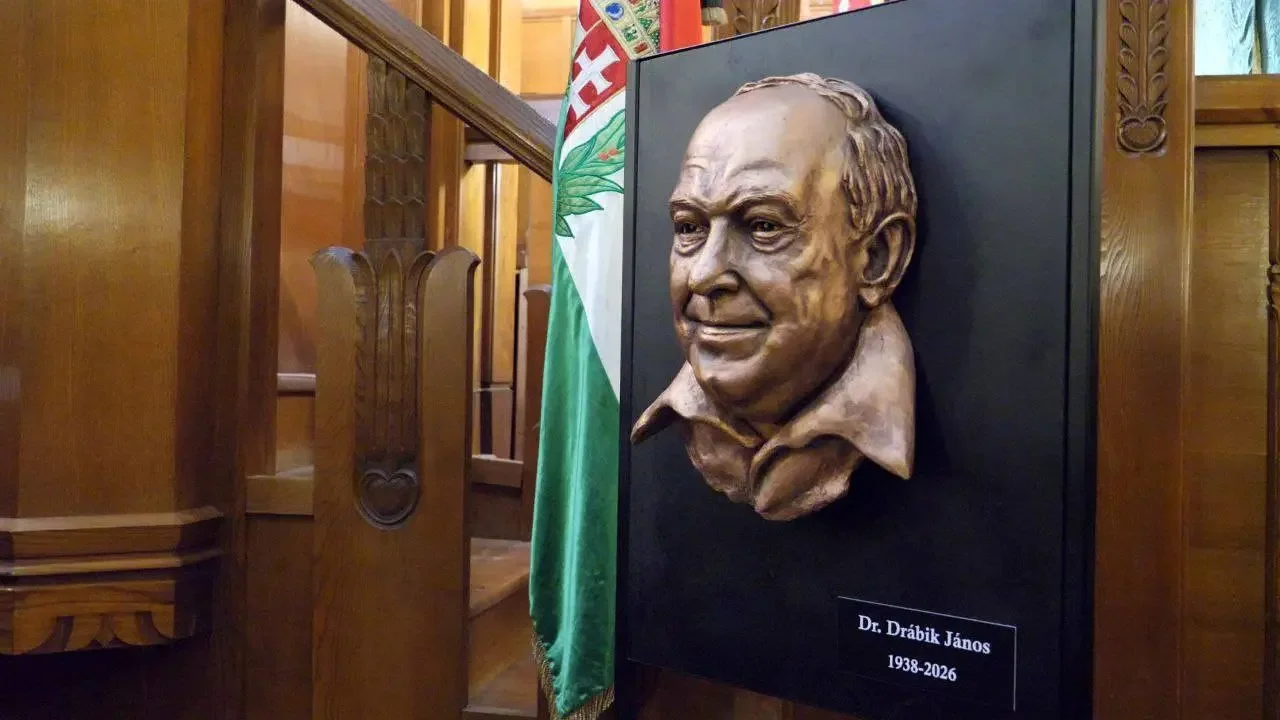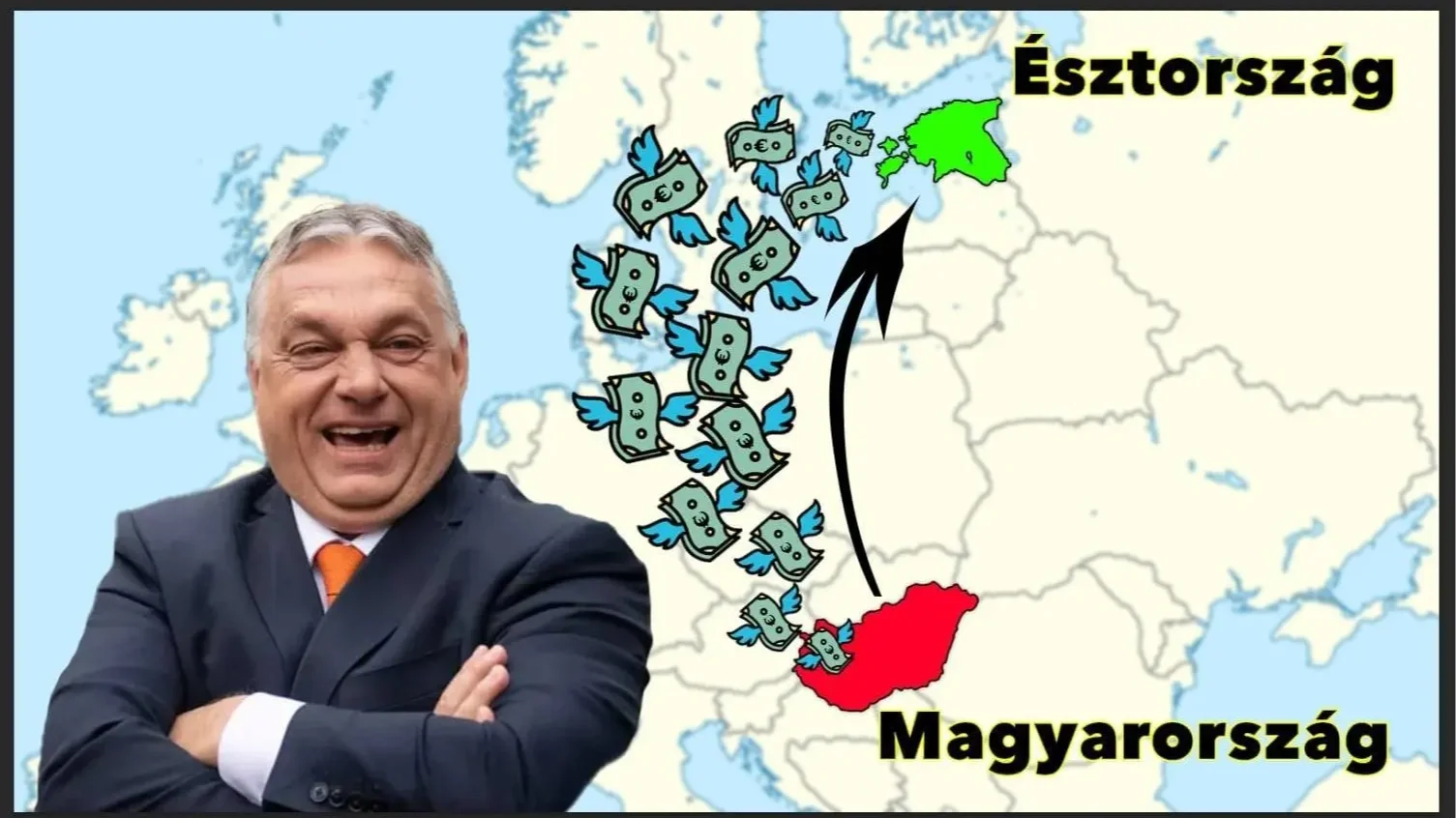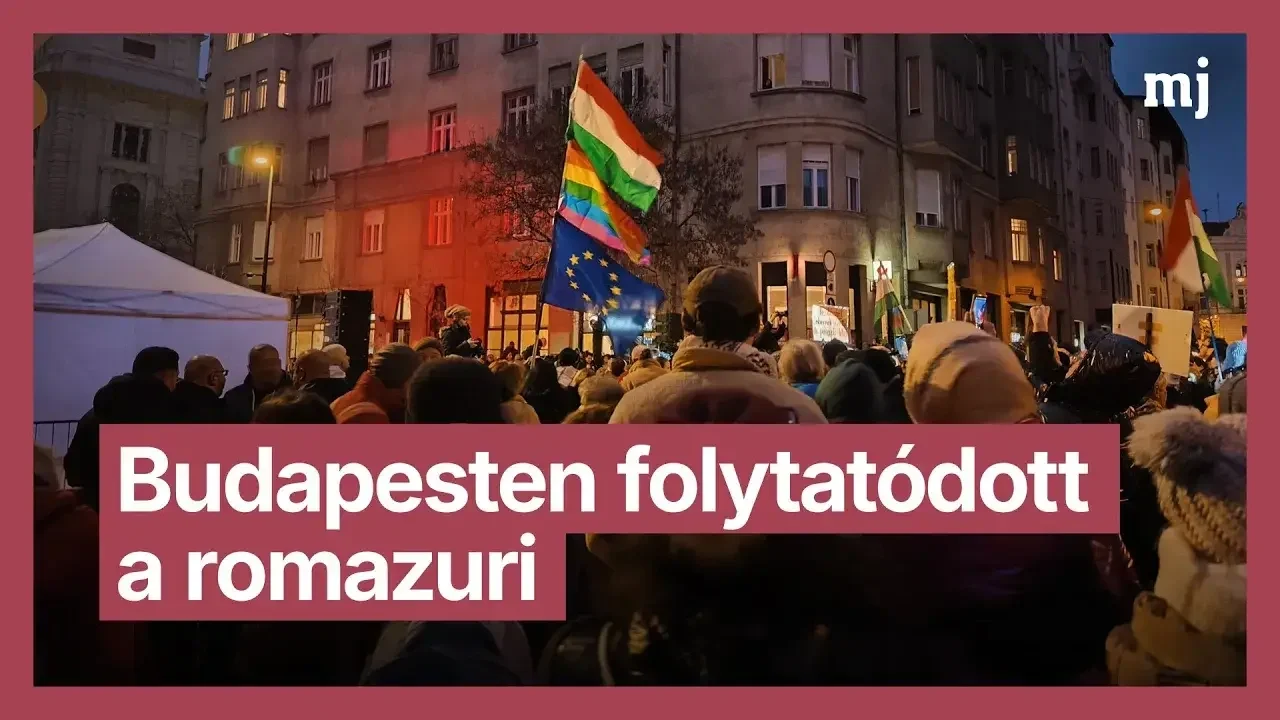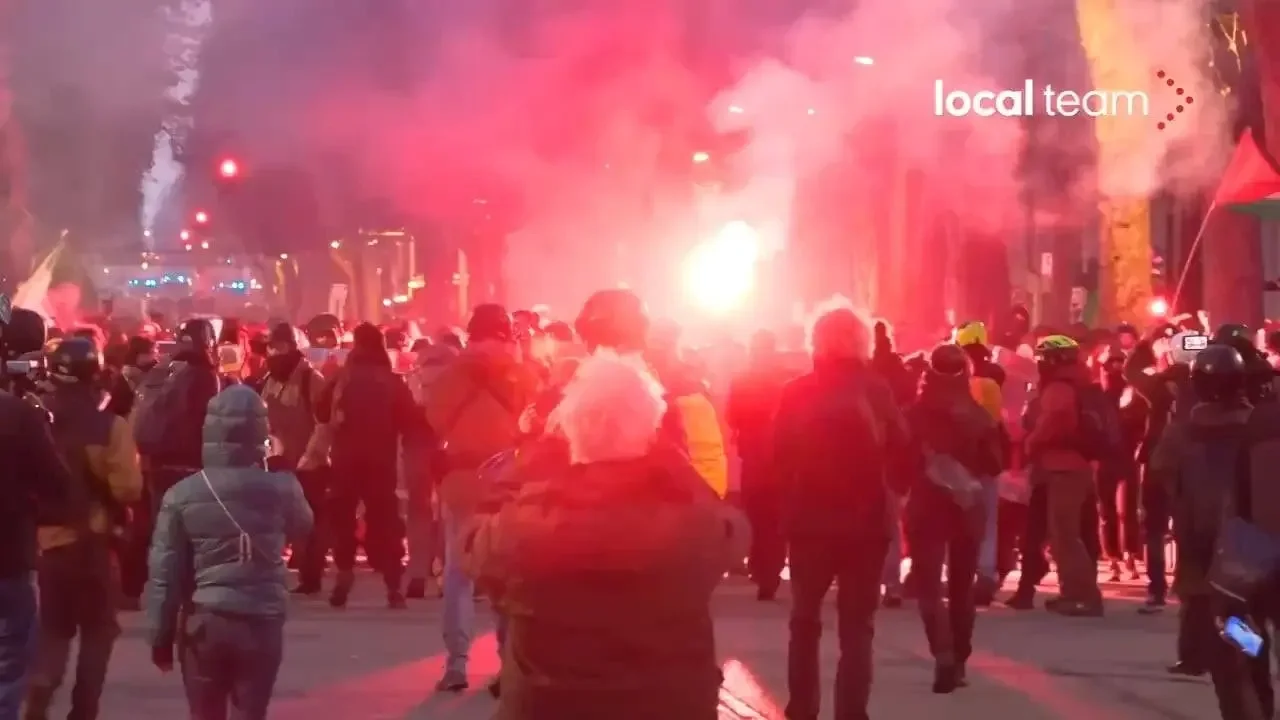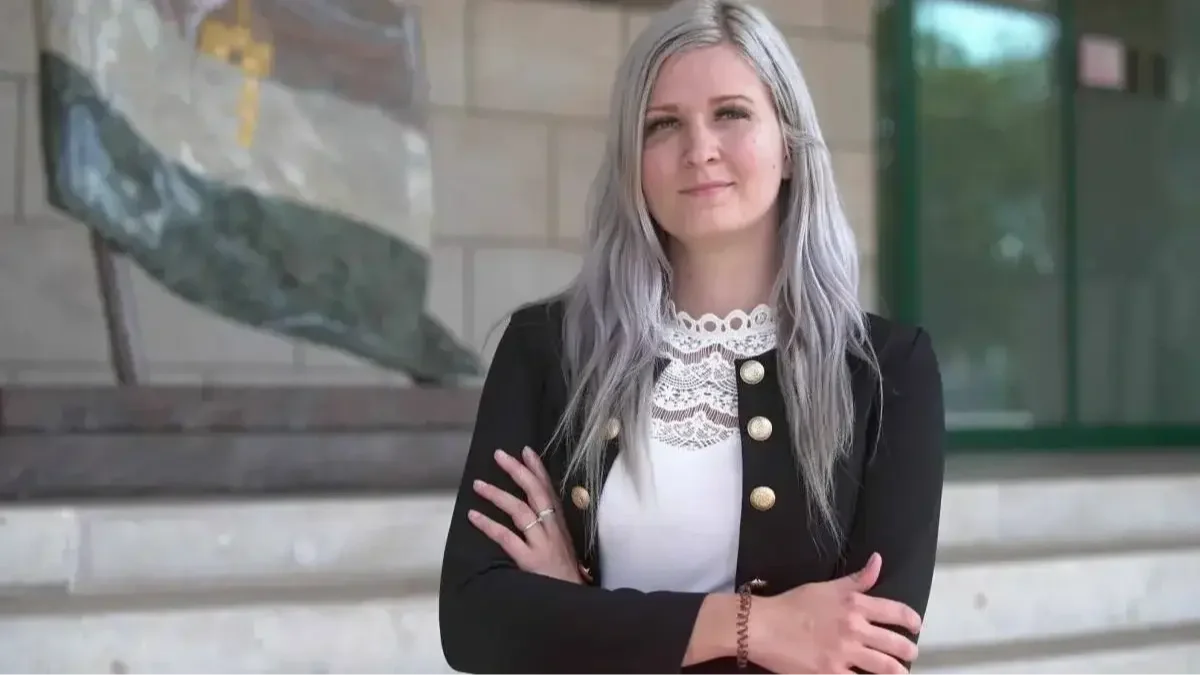Our Ancestral Message in the Fall of '56: Hungarian Blood Compels!
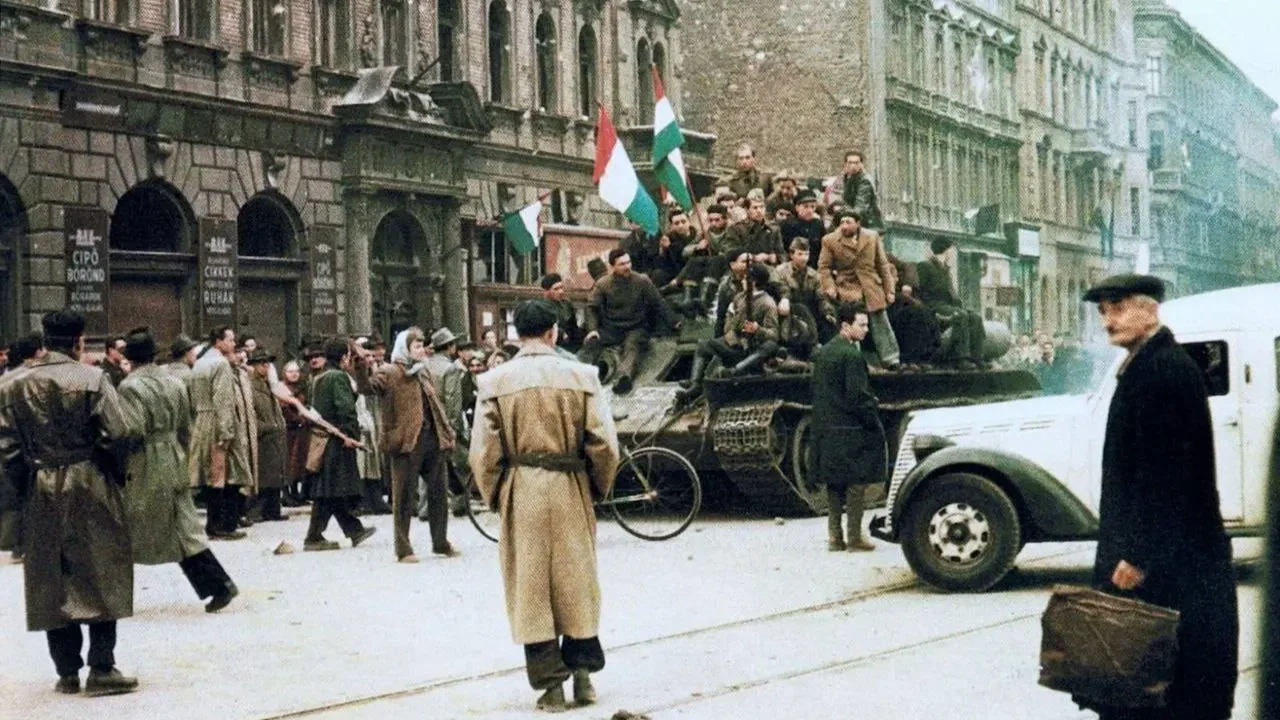
Translation of an article originally published in Hungarian by Magyar Jelen on October 23, 2025 by Tamás Lipták.
A four-day long weekend is knocking at our door in less than 48 hours. Four days to go hiking, do housework, shop, study, or simply rest as the year draws to a close, preparing for the great Christmas rush. For those whose most important events for the coming days end there, there's no need to read further.
October 23rd is not about a four-day long weekend, nor is it merely another public holiday. This day is not a date on the calendar, but a concept in the thousand-year history of the Hungarian people. The heroes of our epics spring to life among the weathered walls of Corvin Passage from the distant past, carried in Hungarian blood from generation to generation for millennia. A community as small as it is tenacious, brave, and steadfast. Freedom-loving.
This is the blood that flowed through our ancestors' veins so many times when the existence of this small community was threatened. This was the blood that surged in times of peril and did not abandon those who carried in their souls, not just their bodies, the Hungarian yearning for freedom in the noblest sense.
It pulsed through our people's veins when Hunor and Magor pursued the miraculous stag. It was there in Attila's sword when he built his empire great, and it protected Prince Csaba's Székelys for centuries. This blood beat in every Hungarian heart when our very existence was at stake at Pozsony (Pressburg/Bratislava). We did it. We Hungarians, regardless of place and time. Neither the Mongol nor the Turk could defeat us, even though they carved painful pieces from our nation's body—yet the noonday bells (Editor's note: Church bells rung at noon throughout Hungary and Hungarian communities worldwide commemorate the 1456 victory at Belgrade against Ottoman forces, a living memorial tradition maintained to this day) proclaim the glory of Hungarian blood from Chile to Vladivostok to this day.
Hungarian blood, whose heroism welled up in the cut and shot wounds at Eger, Szigetvár, and Buda. I maintain that without February 11, 1945, and the Hungarian people's resolute anti-Bolshevism, there would have been no October 23, 1956. Not only because of temporal proximity, but because the Hungarian heartbeat pumped our blood's thirst for freedom. Many were and could have been those who took up arms against the same beast in 1945 and eleven years later.
The red blood flowing through our history from our forebears to our descendants, from our parents to our children—this is what makes us Hungarian, not papers issued in offices. Or rather, plastic cards now, which anyone can exchange at will, unlike the eternity of the spirit carried in the blood.
The pulse of Hungarian blood seven decades ago was driven by one of the greatest heartbeats of Hungarian freedom, which cannot be understood without the millennial Hungarian spiritual heritage, to which the thoughts of one of Hungary's greatest thinker-writers, Béla Hamvas, so aptly apply:
“Man begins where he creates something that does not exist. To become someone out of nothing. To seek not the smallest but the greatest resistance. Only that which is impossible is worth doing.”
Context for international readers: October 23rd commemorates the 1956 Hungarian Revolution against Soviet occupation. Corvin Passage was a key battleground where young freedom fighters held off Soviet tanks. Hunor and Magor are legendary ancestors of the Hungarians in folk tradition. The Battle of Pozsony (modern-day Bratislava) in 907 was a decisive early Hungarian victory. February 11, 1945, marked the end of the Siege of Budapest in World War II. The Székelys are a Hungarian ethnic group in Transylvania known for their fierce independence.
Az X- és Telegram-csatornáinkra feliratkozva egyetlen hírről sem maradsz le!Mi a munkánkkal háláljuk meg a megtisztelő figyelmüket és támogatásukat. A Magyarjelen.hu (Magyar Jelen) sem a kormánytól, sem a balliberális, nyíltan globalista ellenzéktől nem függ, ezért mindkét oldalról őszintén tud írni, hírt közölni, oknyomozni, igazságot feltárni.
Támogatás
